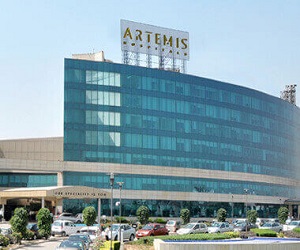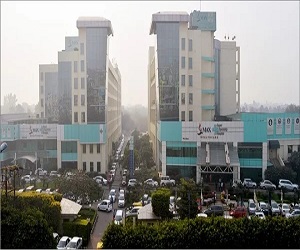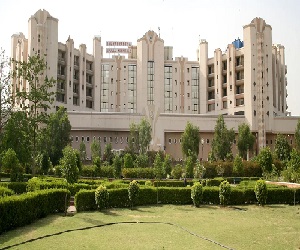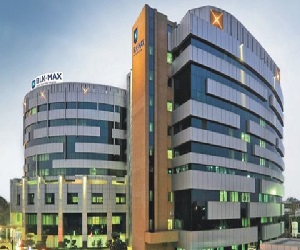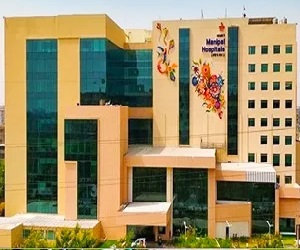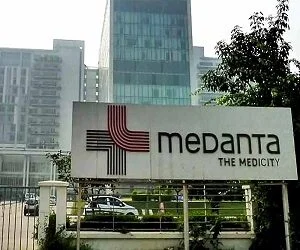Pericardial cysts, also known as cardiac cysts, are noncancerous growths found in the pericardium, the protective sac surrounding the heart filled with fluid. Often, they don’t cause symptoms in about 75% of patients and can be challenging to detect. Symptoms may arise when the cysts grow large enough to press on the heart or lungs. Fortunately, serious complications are rare. The primary treatment approach is typically video-assisted thoracoscopic surgery (VATS). Common symptoms that may indicate a pericardial cyst include cough, shortness of breath, and chest pain. Diagnostic imaging tests such as CT scans and MRIs are used to confirm the diagnosis.
Procedure
During the VATS procedure, surgical instruments and a small camera called a thoracoscope are inserted into the chest through tiny incisions. The camera sends internal chest images to a video monitor outside, assisting the surgeon during the operation. With a success rate of 60-70%, VATS is a significant surgery lasting 3-4 hours. Most patients can return home 1-2 days after surgery, depending on individual factors.
After surgery
After surgery, it’s important to dress the incision site properly to prevent infection, following the guidelines provided at discharge. Bathing instructions should be followed to ensure the wound stays dry. The recovery period typically spans 6-9 weeks, during which time it’s essential to adhere to all post-operative care instructions for optimal healing.
Frequently Asked Questions
Q: How Is a Pericardial Cyst or Cardiac Cyst Diagnosed?
A: A pericardial cyst or cardiac cyst is typically diagnosed through imaging tests such as echocardiography, CT scans, or MRI scans, which can visualize the cyst and determine its size, location, and characteristics. Sometimes, additional tests such as a cardiac MRI or biopsy may be needed to confirm the diagnosis and rule out other conditions.
Q: What Are the Symptoms of Pericardial Cysts or Cardiac Cysts?
A: Symptoms of pericardial cysts or cardiac cysts can vary but may include chest pain, shortness of breath, palpitations, or coughing. However, in many cases, these cysts are asymptomatic and are incidentally discovered during imaging tests for other reasons.
Q: Is Surgery Always Required for Pericardial Cysts or Cardiac Cysts?
A: No, surgery is not always required for pericardial cysts or cardiac cysts. In many cases, especially if the cysts are small and asymptomatic, they may not require treatment. However, if the cysts are causing symptoms or complications such as compression of nearby structures, surgical removal may be necessary.
Q: How do I choose a hospital for the treatment of Pericardial Cysts or Cardiac Cysts in India?
A: Kindly share your report

